Microsoft Azure

Microsoft Azure: Comprehensive Cloud Computing Platform
Microsoft Azure is a comprehensive cloud computing platform and service offering by Microsoft. Providing a broad set of integrated cloud services, Azure enables organizations to build, deploy, and manage applications and services globally. It encompasses computing, storage, databases, AI, analytics, networking, and more.
What is Microsoft Azure?
Microsoft Azure, commonly referred to as Azure, is a robust and extensive cloud computing platform developed by Microsoft. Launched in 2010, Azure has evolved into one of the leading cloud service providers, offering a wide range of solutions for businesses, developers, and IT professionals. Azure provides a scalable and flexible cloud environment that supports various workloads, from web applications to artificial intelligence. Key Features: Compute Services: Azure Virtual Machines: Allows users to deploy virtual servers in the cloud, supporting various operating systems. Azure App Service: Provides a fully managed platform for building, deploying, and scaling web apps. Storage and Databases: Azure Blob Storage: Scalable object storage for unstructured data. Azure SQL Database: A fully managed relational database service. Azure Cosmos DB: Globally distributed, multi-model database service for any scale. Networking: Azure Virtual Network: Allows users to create private, isolated, and securely connected networks in Azure. Azure Load Balancer: Distributes incoming network traffic across multiple servers to ensure high availability. AI and Machine Learning: Azure Machine Learning: Enables building, training, and deploying machine learning models at scale. Azure Cognitive Services: Provides pre-built AI capabilities for vision, speech, language, and more. Identity and Access Management: Azure Active Directory (AD): Manages identities and access to applications and services. Azure Multi-Factor Authentication: Enhances security with additional authentication methods. Developer Tools: Azure DevOps Services: A set of development tools for planning, development, testing, and deployment. Visual Studio Team Services: Supports version control, build automation, release management, and more. Containers and Kubernetes: Azure Kubernetes Service (AKS): Simplifies deploying, managing, and scaling containerized applications using Kubernetes. Azure Container Instances: Offers a serverless containerized application service. Internet of Things (IoT): Azure IoT Hub: Connects, monitors, and manages IoT devices at scale. Azure IoT Edge: Extends cloud intelligence to edge devices. Analytics and Big Data: Azure Synapse Analytics (formerly SQL Data Warehouse): An analytics service that brings together big data and data warehousing. Azure HDInsight: A fully managed big data analytics service. Serverless Computing: Azure Functions: Supports serverless computing for event-driven applications. Security and Compliance: Azure Security Center: Provides advanced threat protection across hybrid cloud workloads. Azure Policy: Enforces organizational standards and compliance in Azure. Hybrid Cloud Solutions: Azure Arc: Extends Azure management and services to any infrastructure. Global Presence: Azure has a vast global network of data centers, known as Azure Regions, ensuring low-latency access and redundancy for services deployed worldwide. Microsoft Azure is widely adopted by enterprises and startups alike for its comprehensive set of services, integration with Microsoft technologies, and strong commitment to hybrid cloud solutions. It continues to evolve and innovate, meeting the diverse needs of businesses in the digital era.
Microsoft Azure Features
Features
- Cloud Computing
- Infrastructure as a Service (IaaS)
- Platform as a Service (PaaS)
- Software as a Service (SaaS)
- Serverless Computing
- Virtual Machines
- Storage
- Databases
- Networking
- Analytics
- Artificial Intelligence
- Internet of Things
- Security
Pricing
- Pay-As-You-Go
- Subscription-Based
Pros
Cons
Official Links
Reviews & Ratings
Login to ReviewThe Best Microsoft Azure Alternatives
Top Ai Tools & Services and Cloud Computing and other similar apps like Microsoft Azure
Here are some alternatives to Microsoft Azure:
Suggest an alternative ❐Amazon Web Services

Linode

DigitalOcean

Hetzner

Google Cloud Platform

Vercel

Contabo

OpenStack

Fly.io

Amazon Elastic Compute Cloud
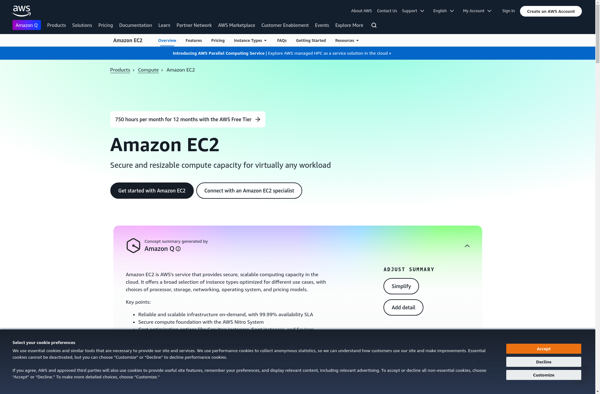
GoDaddy

Amazon Lightsail

Render

Heroku

OnWorks

OpenShift

Hostinger

Bluehost

Vultr

IranServer
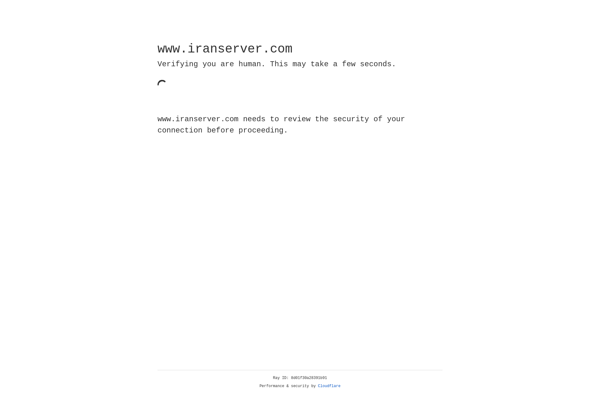
Greenhost

Exoscale

Shelly Cloud

Vmango

MicroCloud

Kamatera

Rad Web Hosting

Google App Engine

HostGator

RMJ Cloud
Last.Backend
AlwaysData

VPSie

Google Compute Engine

Website Free Host

Scaleway
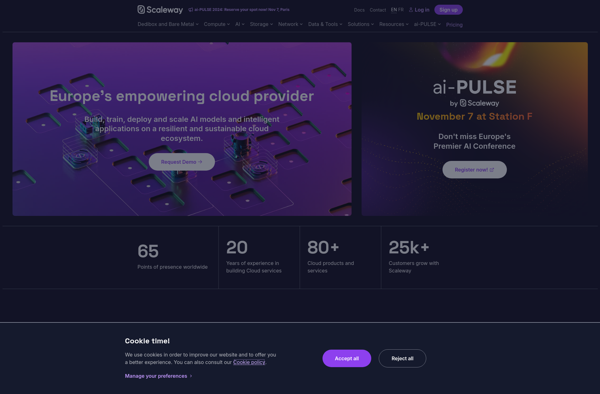
Qovery

Clever Cloud

Fozzy

BuyVM

EvenNode

WebFaction

UpCloud

Platform.sh

AWS Elastic Beanstalk

VPSDime

EuroVPS

Cloudways

DedicatedCore

Rackspace

AppFog

Dreamhost

Nanobox
ZEVENET

Clouding.io

SpinUp
CloudVPS
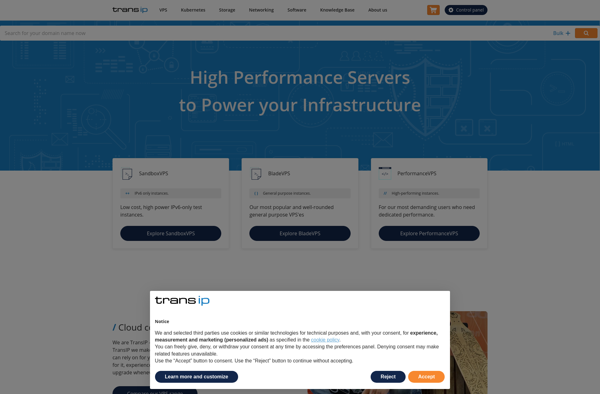
HostnExtra
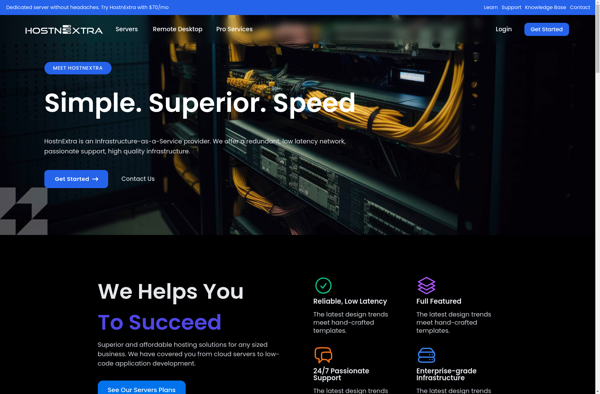
PlanetHoster

Slicify
KeepSec Technologies

Antsle

Time4VPS

FastComet

ServerBeach
Cloud 66

Equinix

Dediserve

Tranquillity

LetsCloud

HatchBox

A2 Hosting

InMotion Hosting

VirMach

DomainRacer

CloudStack

CloudSigma
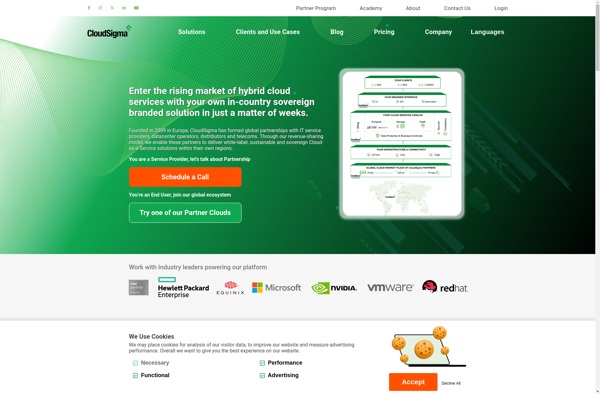
V2 Cloud

Dokkur
Synnefo

HostUp

RamNode

Ikoula

MicroHost

NearlyFreeSpeech.NET

Akamai

DataCell
Gridscale

Scalingo

Bahnhof

TransIP

VIP Web Hosts
EvergreenTech.io Web Design

Jet-Stream

XenoNode
Hyper Host

Kinsami
Gigamon

ElasticHosts
Valence

Byet Internet Services

SDHD Hosts

WindowsVPS.host

CloudControl

Datarealm
Nodester

Hyper.sh
Portal Cloud

Aulerion
Apprenda

Hybrid Web Hosting

Webdock

Go4hosting

AppHarbor

Tsohost

Onlive Server

TuchaCloud

Ventureer
MediaSecure

GetClouder
Flexihost

Sweden Dedicated

Hosting24
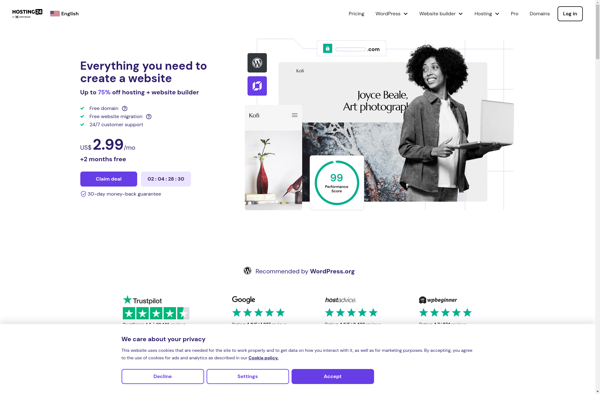
JiWebHosting

Kaleidoscope IoT

Webhosting1st

M3O
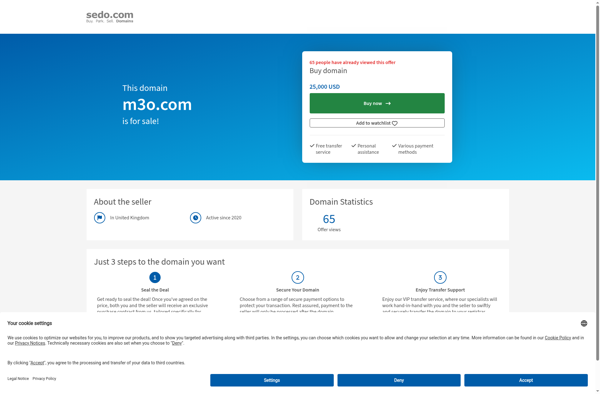
Joyent

Prometeus

Skytap Cloud
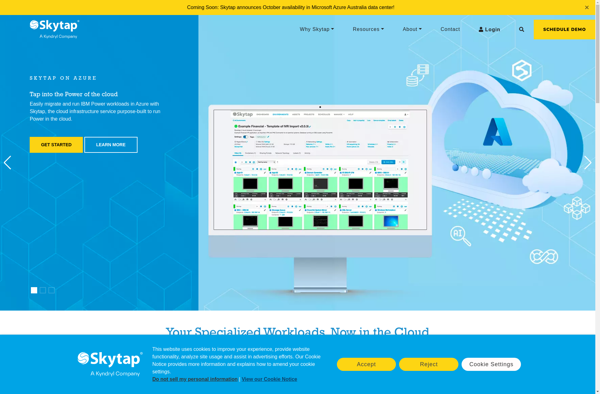
GoGrid

Coinhost.io Web Services

PHP Fog
Hostingwalk

SolVPS

AtomDeploy
Service Fabric

ArvanCloud

Private Layer

DealonCloud

DotCloud

A Small Orange

Webbynode

Cariibou
Q Blocks

Cloudscale.ch

HostUS
